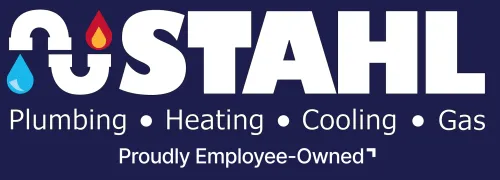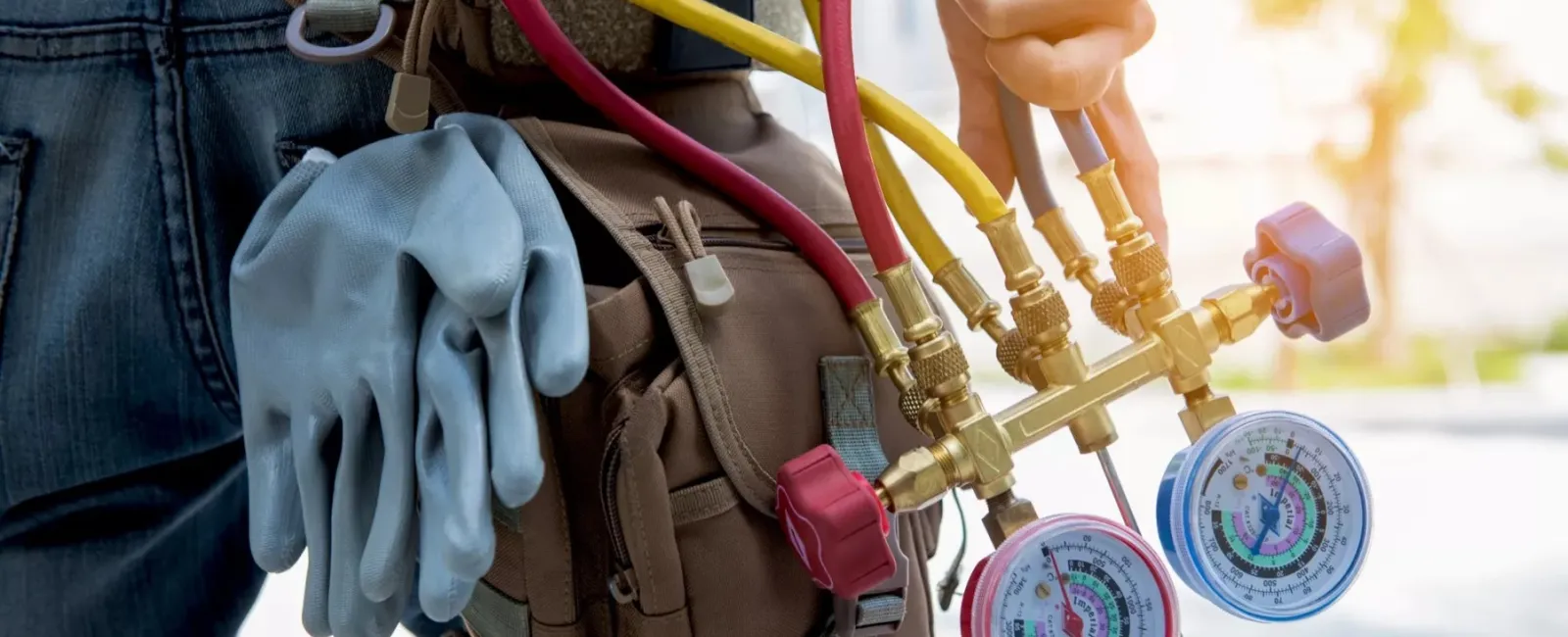Regular maintenance on home heating systems isn’t just a way to save money on energy bills and extend your system’s life — it could end up saving your own life. Here are some of the biggest dangers you can avoid by scheduling a fall tune-up with Stahl Plumbing, Heating & Air Conditioning.
Carbon Monoxide Poisoning
Carbon monoxide is created in any sort of combustion system including a wood, gas or oil burning furnace. Under normal operation, the toxic fumes will be filtered out or vented outside. However, if these filters or vents become dirty or blocked, the carbon monoxide could be sucked into your air vents and into your home. Even if you use a boiler, the carbon monoxide could still harm someone going down into your basement or seep into the upper portion of your home.
Electrical Fires
Virtually all heating systems use some electricity to regulate their operation even if their main method of producing heat is burning fuel. Heating systems frequently have their main components in non-air conditioned spaces that leaves them subjected to greater swings in temperature and humidity that could corrode wires and electrical connections. Heavy vibration during normal operation can also take a toll. Especially in older systems, electrical components must be periodically checked to avoid fires created by a short circuit or stray spark.
Fuel Leaks
If you’ve ever failed to light a gas grill or stove on the first try, you’ve seen the explosive power of just a little extra fuel. Even a tiny crack in your fuel pipes could create a pool of fuel that will ignite into a deadly explosion with just one small spark from the pilot light, a nearby clothes dryer or any other source of electricity. Like with electrical connections, fuel lines must be maintained in top condition.
Debris Fires
Even if you’re good about regularly changing your air filters, dust and other debris can still slip into your furnace or vents. A prime example of this is the smell of burning dust the first time your heating system runs for the season. While the burning dust smell is normal, a larger buildup of debris from renovations, heavy interior cleaning or just not running the heating system for an extended period of time won’t burn off as quickly and could lead to a fire.

